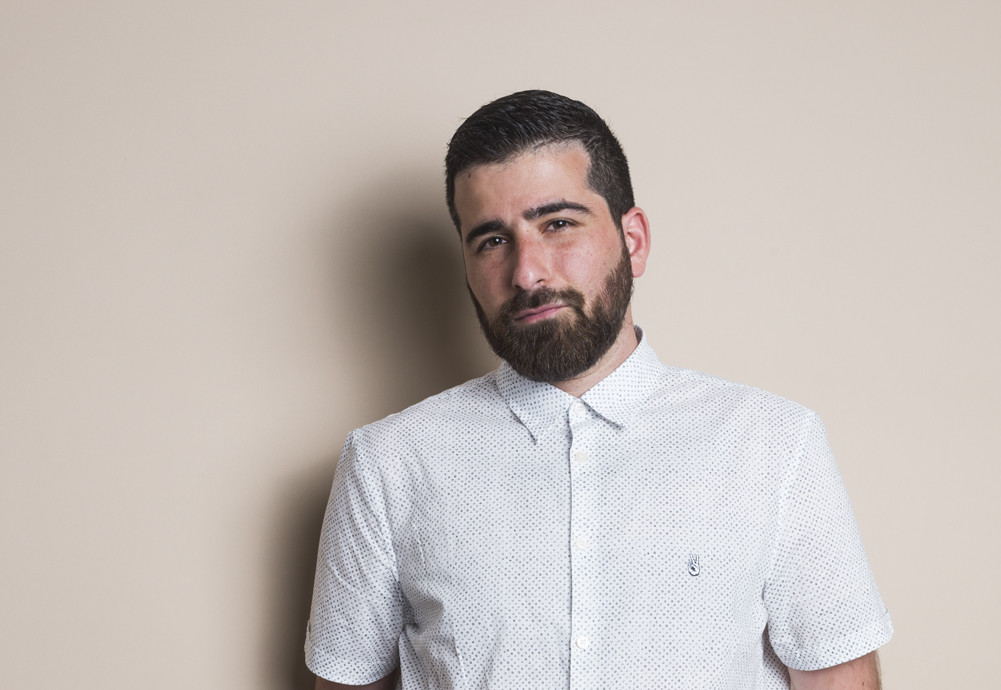Sign up for The Media Today, CJR’s daily newsletter.
On December 12, BuzzFeed News published a 3,000-word story by Hamed Aleaziz, an immigration reporter, based on an internal Department of Homeland Security memo, which detailed a whistleblower’s concerns over the medical care provided to ICE detainees. According to Aleaziz’s story, “two immigrants got preventable surgeries and two were given the wrong drugs. Four died—one after getting ‘grossly negligent’ care.” One of the deceased—Ronal Romero, 39, from Honduras—had been arrested on May 9, 2018, in Los Fresnos, Texas. Within a week of his arrest, Romero was transferred to ICE’s Port Isabel Detention Center, where he complained of ear pain and received medication for an ear infection. Romero died on May 16, 2018; an autopsy identified the cause of death as “sepsis complication with meningitis.” Shortly after the publication of Aleaziz’s report, the House Oversight and Reform Committee opened an investigation into ICE’s medical care.
CJR spoke with Aleaziz about his work reporting on ICE detention centers, and his experience covering a dynamic in detention that often goes undercovered. “It is really rare, in this industry, to get the time and the flexibility to do long-ranging investigative projects—to be told by editors and people in power that focusing on detention issues, on asylum, is really important to the core mission of our journalism,” says Aleaziz. The conversation has been edited for length and clarity.
It’s just a massive story, and I don’t think that it’s broken through to the American public. I don’t think it’s even top of mind in Washington, DC, given everything else that’s happening.
In December, you broke the story that Congress was investigating ICE medical care. That investigation followed your coverage of an internal complaint filed by a whistleblower.
Last year, I received a document showing that the Civil Rights and Civil Liberties Division of DHS was looking into allegations made by a whistleblower at ICE. It was unlike anything I’ve seen before. It was just shocking to see somebody within ICE detail specifics on what they believe went wrong with cases all across the country. All types of issues from mental care to misdiagnoses. The allegations were so expansive, but also quite specific. I tried to dig into every single case.
I reached out to Ronal Romero’s family members and told them that I had this document. So many times I think we see these cases as just a name, an age, a cause of death. I felt like there was an opportunity to hear about the personal struggle of this family and what happened. It’s important to hear how these deaths affect families, how they understand them. It’s important any time you work on stories dealing with policy.
The number of detainees who have died during the current fiscal year while in ICE custody is already close to the total for the 2019 fiscal year. There were two deaths in the last week of January. Why aren’t we talking about this more?
I think that there is so much happening on the immigration beat, and reporters are stretched thin. The same day I reported two deaths, there was monumental news of the Supreme Court allowing the administration to move forward with public charge and reshape the way legal immigration works in America. It’s a massive story. So most people were focused on that.
With the rapid growth of the ICE detention population last year to record levels—55,000 people—I wanted to dig and try to understand how this system works, and how medical care works in detention. How is medical care delivered? Are there any gaps? Is this explosion of people in custody causing issues?
There has been really great coverage elsewhere. I think The Intercept has done good work. The Marshall Project did a video. I try to look at every single death in custody and fully investigate it to see if there is a story there that goes beyond.
Is there a specific change in policy you’ve seen under this administration that had the most obvious impact on asylum seekers?
Yes, what’s happening with the southern border right now—forcing asylum seekers to remain in Mexico. More than 50,000 people have been sent to stay there while their asylum cases play out in court. Sometimes it takes months to have the chance to speak to a judge and have cases heard. There are policies where you can’t get asylum if you’ve crossed through Mexico to get to the southern border, which is so many people.
The new policies are just unprecedented, so unlike anything we’ve ever seen. To have asylum seekers from Honduras and El Salvador sent from the US to Guatemala. And then to hear from people like asylum officers and US Citizenship and Immigration Services, who are being tasked with implementing these changes, and hearing their concerns as they grapple with having to put these policies in place. To have these officers tell me, “This is a human rights violation, this is unbelievable, this should not be happening.”
Everybody I talked to said that they have major concerns and they have issues with it. They think that these policies should be blocked immediately. It’s gotten to the point where the unions that represent the asylum officers have implored judges to try to block these policies. They’re supporting lawsuits filed by the ACLU.
It’s just a massive story, and I don’t think that it’s broken through to the American public. I don’t think it’s even top of mind in Washington, DC, given everything else that’s happening.
What else are we missing?
Detention issues. This expansion, the care provided in ICE custody, the businesses involved, the companies involved, the private prisons involved. These are all issues that are taxpayer-funded. I think it’s important for the American public to read about the policies that are being instituted, and then weigh in.
Has America ever needed a media defender more than now? Help us by joining CJR today.



